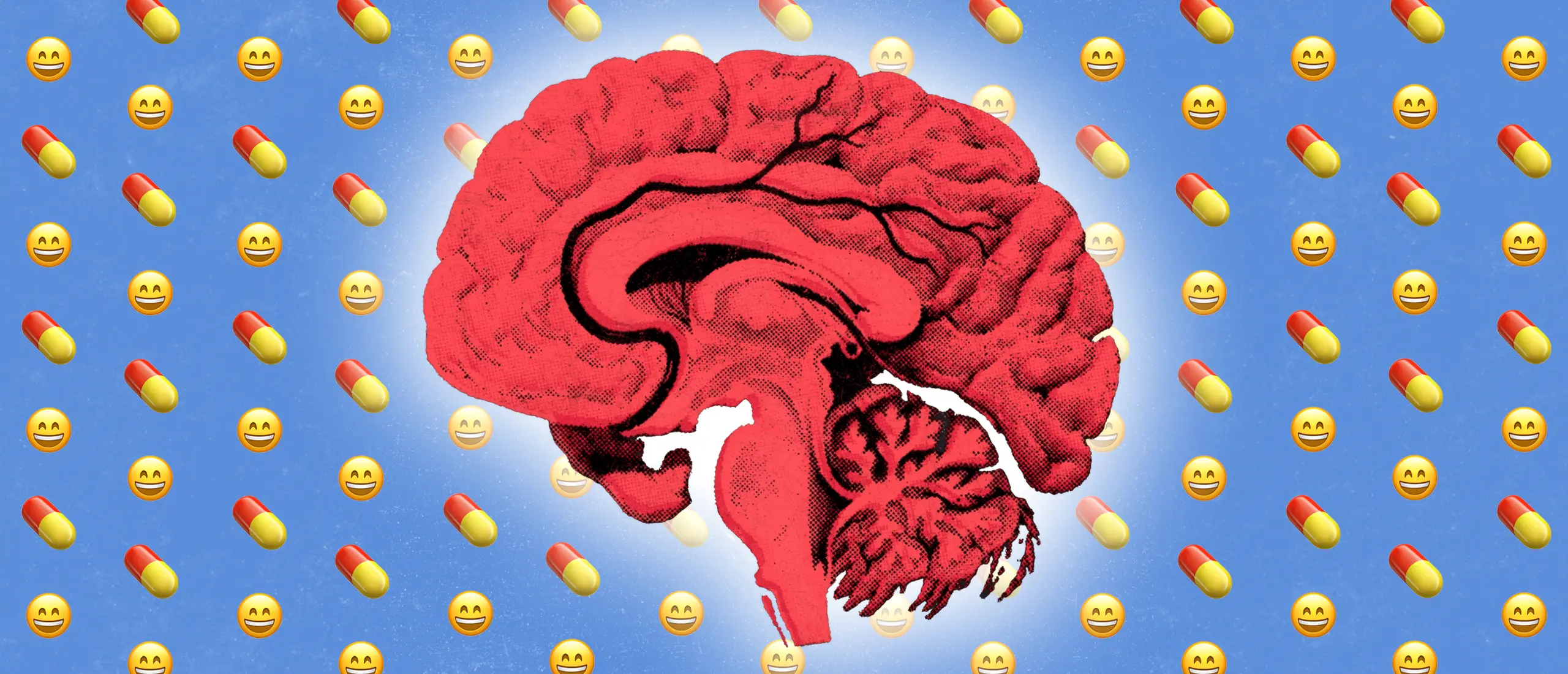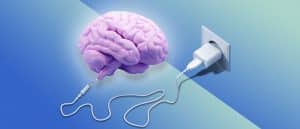Do Dopamine Supplements Actually Boost Your Mood?
- By Stephanie Anderson Witmer
- January 18, 2024
Dopamine, the feel-good hormone and neurotransmitter gives you pings of reward when you do something pleasurable like have sex or devour a hot fudge sundae. But that’s not the only way to get a hit: You can take dopamine supplements, too.
“No product is guaranteed to ‘boost’ dopamine,” says Michael Green, M.D., chief medical officer at telehealth company Winona, “just like there is no antidepressant guaranteed to ‘cure’ depression or anxiety.” But research suggests that if you’re already making healthy lifestyle choices—exercising, spending time in nature, and eating a healthy, nutrient-packed diet—these dopamine supplements may help boost your mood.
About the Expert
Michael Green, M.D. is a board-certified hospitalist at Northridge Medical Center, and the chief medical officer at telehealth company Winona.
L-tyrosine
L-tyrosine is an nonessential amino acid that’s naturally produced in the body that aids in the production of several neurotransmitters, including dopamine, norepinephrine, and epinephrine. You also get it from foods like cheese, poultry, fish, and other protein sources.
With dopamine specifically, L-tyrosine is thought to increase its bioavailability. Dopamine plays a key role in memory and cognition, and research has looked at L-tyrosine supplementation’s effect on these.
One study from 2019 found that regular consumption of L-tyrosine was tied to better cognitive performance and improved working (short-term) memory (1). Another study found L-tyrosine improved dopamine’s ability to allow new information into the brain’s “memory gate” (2). While promising, it’s not a slam-dunk.
Still, neuroscientist Andrew Huberman is convinced; he’s said that he takes 500 mg of L-tyrosine to stay focused when he’s working on a deadline.
Omega-3 Fatty Acids
Some research, including a 2019 meta-analysis (3), suggests the omega-3 polyunsaturated fats (PUFAs) found in fish or fish oil supplements may have an antidepressant effect. One of these PUFAs—EPA—may also be able to increase levels of dopamine, as well as another feel-good hormone, serotonin.
If you’re checking out a fish oil or other omega-3 supplement for its potential mood-enhancing qualities, pick one that’s at least 60% EPA. Research has found the most effective dose is between 720mg and 1,000mg (3).
Green Tea
There’s not a whole lot of research on green tea’s effect on dopamine. (And most of it has been done on mice and rats.) However, one study from 2013 found that rats given a green-tea extract had increased dopamine and serotonin turnover, which is sort of like replacing old, used neurotransmitters with new ones (4).
If nothing else, a cup can help you relax. Studies suggest green tea may improve focus and concentration (5). It also contains the amino acid L-theanine, which has been linked to relaxation (6).
Magnesium
When it comes to magnesium, its benefits for sleep tend to get all the attention. But it may also have ties to mood and to dopamine specifically.
Magnesium packs some serious brain benefits. It’s necessary for proper brain functioning, which includes the synthesis of neurotransmitters (7). It’s thought to be neuroprotective, as well, meaning it may prevent neurons from damage.
Some research suggests magnesium deficiencies have been linked to lower levels of dopamine and a greater risk of depression, as well as neurodegenerative diseases such as Alzheimer’s and Parkinson’s disease.
Aim for around 420 mg of magnesium per day. Pumpkin seeds, nuts, spinach, beans, and oats are all great food sources of the mineral.
L-theanine
Like magnesium, L-theanine is often thought of as a sleep aid. But research has suggested that L-theanine can improve mood by increasing dopamine and serotonin production (9).
One study found combining magnesium and L-theanine increased production of dopamine, as well as serotonin (8).
Where can you find L-theanine in food? Well, there’s pretty much only one: tea, especially green tea. So supplements may be the better bet.
* Talk to your doctor before adding a supplement to your regimen.
References
1. Kühn S, et al (2019). Food for thought: association between dietary tyrosine and cognitive performance in younger and older adults.
2. Jongkees, B.J. (2020). Baseline-dependent effect of dopamine’s precursor L-tyrosine on working memory gating but not updating.
3. Liao, Y., et al. (2019). Efficacy of omega-3 PUFAs in depression: A meta-analysis.
4.Mirza, Beenish et al. (2013).Neurochemical and behavioral effects of green tea (Camellia sinensis): A model study.
5. Dietz C, Dekker M. (2017) >Effect of Green Tea Phytochemicals on Mood and Cognition.
6. Nobre AC, Rao A, Owen GN. (2008) L-theanine, a natural constituent in tea, and its effect on mental state.
7.>Maier JAM, et ak. (2022). Magnesium and the Brain: A Focus on Neuroinflammation and Neurodegeneration.
8. Dasdelen MF, et al (2022). A Novel Theanine Complex, Mg-L-Theanine Improves Sleep Quality via Regulating Brain Electrochemical Activity.











